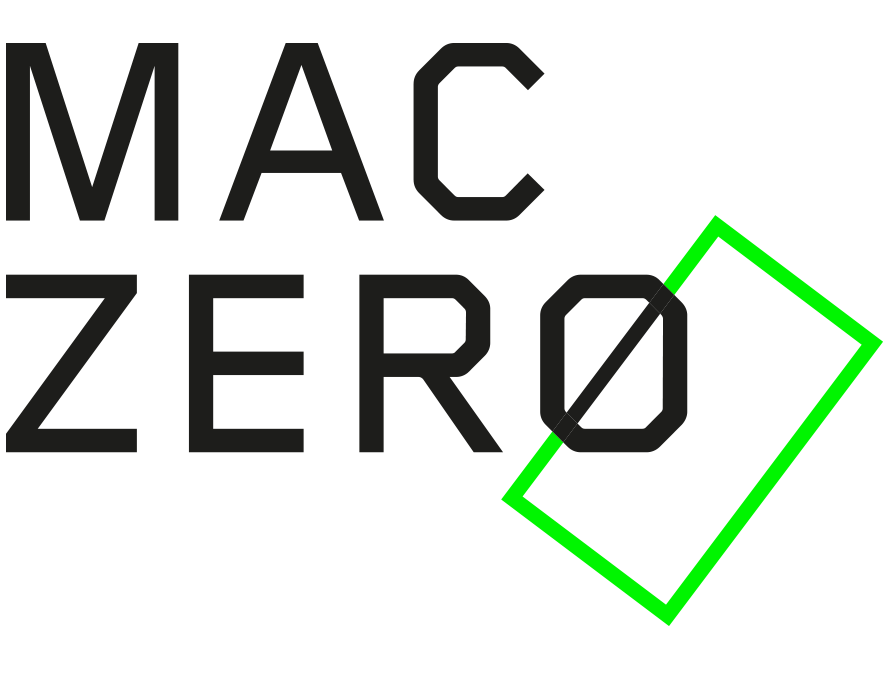COLÁISTE NA TRÓCAIRE / EDUCATION
Rathkeale, Co. Limerick
Coláiste na Trócaire is a multi-denominational co-ed Community College in Rathkeale, Co. Limerick.
A standalone two-storey, low carbon in-operation expansion project that delivered a BCAR-compliant specialist classroom block, with a Building Energy Rating (BER) of A, and an air tightness test less than 1m³/hr/m².
Mac Zero constructs 960m² standalone two-storey modular classroom block for Coláiste na Trócaire
PROJECT INFO
The school takes pride in providing an inclusive environment for students with a wide range of abilities and disabilities. The school received approval for additional classrooms and special educational needs facilities in 2024, and early in 2025, Mac Zero commenced work on Coláiste na Trócaire’s new modular building.
Completed in just five months, the school is now benefitting from an additional 960 sqm of facilities for its students.
A nearly zero-energy building (nZeb), the new modular building sits adjacent to the main school building, and consists of general classrooms, special educational needs classrooms, specialist rooms for home economics and multimedia, and accessible washrooms and an internal platform lift.
This highly insulated and airtight modular building has already achieved a ‘best in class’ BER A rating, which will contribute to efficiencies within the school’s future running costs.
M+E PROJECT SPECIFICATIONS
Heating - Plumbing, ventilation and installation of an Air Conditioning heating and cooling system. Room controls have been installed with ease of use in mind.
Plumbing - Boosted cold water is provided to all cold water outlets throughout the building with non-concussive taps to all wash hand basins within the toilet areas. Hot water is provided by efficient point-of-use water heaters.
Extract ventilation - S&P extract fans are controlled by presence detectors.
Efficient LED light fittings throughout with programmable PIR presence detection sensors.
Please enter your email below to download Mac Zero’s Coláiste na Trócaire Case Study























